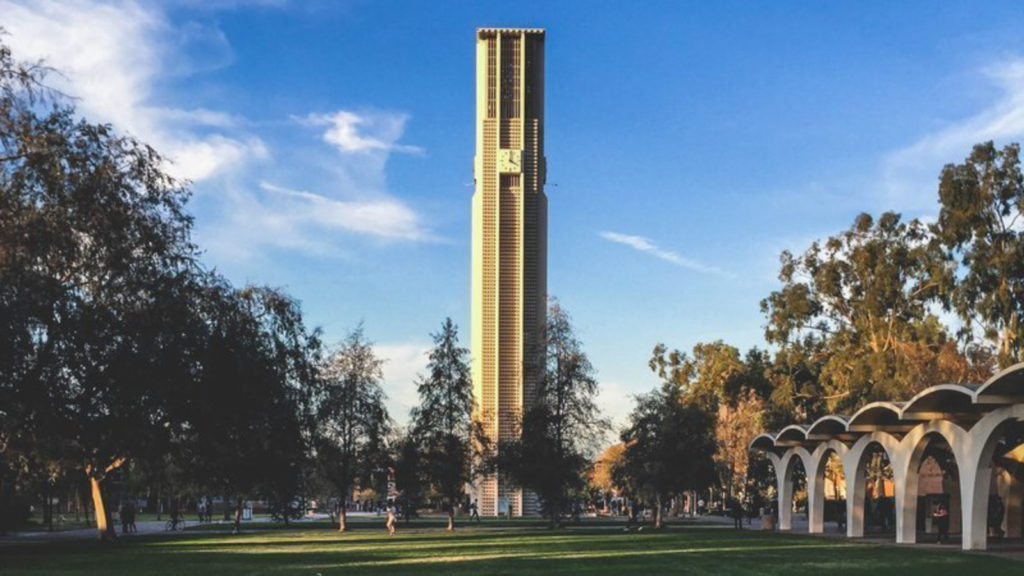UCR’s campus closure due to COVID-19 means that all instruction will be delivered remotely for the entirety of spring quarter. This has left many students with questions regarding what will happen to their tuition and fees now that they will not have access to many on-campus resources including labs, studios, libraries and the student recreation center (SRC).
Two weeks ago, students started a petition on change.org to urge campus officials to cancel on-campus fees now that spring quarter is online. At the time of writing, the petition has collected almost 10,000 online signatures and states, “It is already burdensome enough that we are required to take courses online … It is even more burdensome and unfair to pay for services that we as students cannot even use.”
In a campuswide email sent on March 25, Chancellor Kim A. Wilcox and Executive Vice Chancellor Thomas M. Smith addressed students’ concerns and gave justification for the UC Office of the President’s (UCOP) decision to keep spring quarter tuition and fees unchanged. The email refers to a letter that was sent by the UCOP to all UC Chancellor’s on March 25.
The letter states that students are continuing to earn full credit for their coursework and mandatory charges such as tuition, the Student Services Fee, Nonresident Supplemental Tuition and Professional Degree Supplemental Tuition will continue to help to cover other educational costs and student services such as registration, financial aid and remote academic advising, meaning that changes to tuition would affect these student services negatively. The letter also addresses non-refundable campus-based fees such as ASUCR and ASPB stating, “Most such fees were established following a student referendum that endorsed the fee … Unless otherwise specified when the fee was first established, all such charges are generally expected to apply to all students at the campus, irrespective of whether an individual student utilizes a particular service or facility funded by the fee.”
The email compared remote instruction to students enrolled in off-campus instructional programs such as the Education Abroad Program or UCDC. Students involved in these programs are charged the same campus-based fees even if they are not physically on campus. The email states, “ … remote instruction is determined to be analogous to those off-campus arrangements.” Despite this, “Course material fees will be adjusted for courses that, in this new learning environment, do not require the equipment or other educational resources traditionally covered by the fee” as stated in a different university email sent on March 26.

The Highlander spoke to various UCR students about their thoughts on an online spring quarter and how the university has been handling student concerns. Richard Cawley, a fourth-year cell, molecular and developmental biology major, believes that an online spring quarter will be a waste of time and money for everyone involved stating, “Grade averages will increase but overall information retainment will drop.” Cawley told The Highlander that it is greedy for universities to keep tuition and fees the same. “How institutions respond to this pandemic will define them for years to come. I think we will see enrollment numbers change in the coming years in favor of universities that aided the community in times of need,” wrote Cawley.
Jacey Milliner, a third-year sociology major, stated that she appreciates professors’ efforts to convert their classes to online on such short notice but she is not excited for remote instruction. Milliner described the university’s response to tuition and fees as “highly disappointing and inconsistent with the values of what the UC system portrays about their students.”
Wendy Figueroa, a first-year Chicano studies major, told The Highlander that she agrees with UCR’s decision to suspend in-person instruction as the number of COVID-19 cases in Riverside County continue to rise. She also commends the university for keeping essential campus resources open such as the dining halls and R’Pantry but says the university could be doing more to support students academically. Figueroa expressed her frustration with UCR’s comparison of remote instruction to the Education Abroad Program and UCDC stating, “they disregard the financial struggle students will face because of this decision and make it seem as if this was a choice.” She stated that this system will favor students without a need for campus resources as opposed to those who depended on campus resources that their tuition dollars paid for.
During this time, UCR is providing temporary remote learning resources including the Loan2Learn (L2L) service which will give UCR students in need access to a learning device such as a laptop, desktop or tablet. Students in need of such devices must submit an online application to determine their eligibility.








